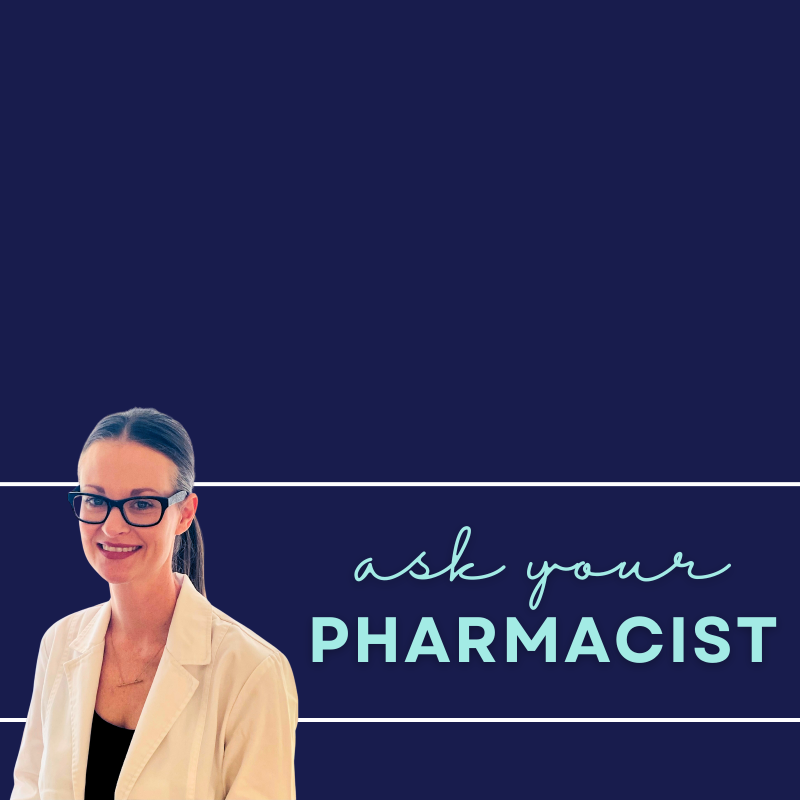
Q: What can I do to treat dry mouth? I’ve been drinking lots of water, but the dryness keeps coming back.
Dry mouth is a condition known as xerostomia and it is often the result of our saliva glands not producing enough saliva to keep our mouth wet. Without enough saliva our mouths can feel sticky, our tongue can become dry and cracked, our breath can become foul, and our throat can become sore or hoarse. Dry mouth can make it difficult for us to chew and swallow food, to speak for long periods of time and to properly wear dentures. It may also lead to cracks in the corners of our mouths and dry lips.
Many different things can cause dry mouth. If we are nervous or anxious about something, we may temporarily feel the effects of dry mouth, which can often be relieved by having a drink of water or sucking on a sugar-free candy.
However, other factors may cause us to experience dry mouth for longer periods of time. Medications are huge contributors: hundreds of medications cause dry mouth as a side effect. Radiation therapy applied to the head and neck, and long-term health conditions such as diabetes, stroke, Alzheimer’s disease and HIV/AIDS are also causes. Sjogren’s syndrome is an autoimmune disease that causes damage to the glands in our body that produce moisture including our saliva glands. There are also things we may consume that cause dryness and irritation in our mouth including caffeine, alcohol, tobacco and marijuana.
Saliva is important for washing away sugar and food particles from our teeth, for making bacteria in our mouth less harmful and for preventing tooth decay. When our mouth is dry the pH level drops, allowing bacteria to grow, making us prone to foul breath and cavities. If you suffer from dry mouth, it is really important that you take care of your teeth. Floss daily and use a fluoride-containing toothpaste and a soft bristle brush to clean your teeth. Visit your dental office twice per year to have plaque buildup removed to help prevent tooth decay.
Treatment for dry mouth usually involves eliminating the cause, if possible. Speak to your pharmacist about your medications and if they identify it could be medication-related, your prescriber may be able to lower your dose or switch medications.
Over the counter, there are plenty of saliva substitute products available containing xylitol that soothe and moisturize your mouth and may help to prevent cavities. Most of these products are used up to five times per day, and it is recommended that you slowly increase your use to avoid the potential risk of mild diarrhea.
Some of the xylitol products I came across in the pharmacy today include Biotene Dry Mouth Moisturising Mouthwash, which has a pH close to saliva and is alcohol-free. Anyone with dry mouth using an alcohol-based mouthwash should stop using it, as alcohol causes dryness.
Products that are easier to carry with you than a large bottle of mouthwash are the Biotene and Mouth Kote Sprays. Spray these into your mouth directly on your tongue and then use your tongue to thoroughly spread throughout your mouth. Effects are expected to last for approximately two hours.
If you need longer relief, you can try Biotene mouth gel, which has a more concentrated formula. Place 1-2 cm of gel onto your tongue and spread thoroughly throughout your mouth. This product can be helpful for people struggling to chew and swallow their food due to dry mouth.
Xylimelts are also designed to provide long-lasting relief. They have an adhesive side that sticks to your molars or gums and then slowly melts away. It is recommended you wear them during the day first before you wear them overnight to ensure you’ve attached them properly.
Other options include TheraBreath lozenge, X-pur lozenge and X-pur gum. Recently, my dentist told me chewing gum applies an unhealthy amount of pressure to the muscles in our jaw, leading me to recommend the lozenge over the gum.
If these products are not effective for you, or you have signs of an infection such as pain or swelling, book an appointment with your health-care provider. They may send you for tests or discuss the option of starting you on a prescription medication for dry mouth called pilocarpine. It works by increasing saliva production but comes with the risk of some unpleasant side effects such as excessive sweating.
Erin Thompson (BSc, BScPharm) is a graduate of Dalhousie University and a community pharmacist practicing at Shoppers Drug Mart in Quispamsis N.B. Her opinions expressed in this column are published for educational and informational purposes only, and are not intended as a diagnosis, treatment or as a substitute for professional medical advice, diagnosis or treatment.